
Corn
and how to use plant nutrition and biostimulants to maximize the genetic potential
of your crop.
What are the nutritional requirements of a corn crop?
Watch the video to learn about what nutrients are required by a corn crop and the best times to apply them.
Essential nutrition for corn crops
Essential nutrition for corn can be divided into four key stages. Preventing a nutrient deficiency at each of these stages is crucial for preserving the genetic potential of the crop and maximizing yield potential. Use the tabs below to learn about the key nutrients required for each stage:
(Herbicide Timing)
(Fungicide Timing)

Seeds are naturally nutritionally imbalanced – adding a seed nutrient dressing with the following nutrients can help the seedling get off to a strong start.
- Phosphorus – energy production and photosynthesis
- Zinc – auxin production to drive rooting
- Boron – cell membrane integrity to reduce beneficial root exudates
- Manganese – photosynthesis (responsible for splitting the H2O molecule)
- Biostimulants (Convey and Cellburst) can help drive rooting and enhance early seedling vigour, without having negative effects on the inoculant.
- The other key goal with adding biostimulants to the seed is to address and help overcome early season stresses, such as cold soils.

To address the needs of the seedlings (and limitations within the seed) it is vital to ensure the soil has the key nutrients properly placed (either seed placed or banded close to the seed) to drive rooting, photosynthesis and early season vigor
- Phosphorus – energy production and stimulates early season growth
- Zinc – auxin production to drive rooting
- Manganese – photosynthesis (responsible for splitting the H2O molecule)
- Boron – cell membrane integrity for strong, healthy roots
- Biostimulants (Synergro M2) – drive rooting and improved nutrient use efficiency
(Herbicide Timing)

During the vegetative growth stage, the crop is ramping up nutrient demand and energy production while still having a limited root system to acquire nutrients from the soil. V3-V8 is the ideal timing to combine these critical nutrients with a herbicide application to meet the increased nutritional demand of the crop and optimizing each pass across the field:
- Phosphorus – grows deeper and stronger roots and hastens plant maturity
- Potassium & Magnesium – critical for carbohydrate movement
- Zinc – root and shoot differentiation and moisture acquisition
- Manganese – optimize enzyme production and carbohydrate metabolism
- Boron – regulates metabolism of carbohydrates and enhances calcium, potassium and magnesium uptakes.
- Biostimulants (Convey and Cellburst) – abiotic stress management, root growth, & improving nutrient uptake and efficiency
(Fungicide Timing)

As the crop moves to the reproductive stage, there are key nutrients essential for pollination and fertilization. Ensuring these nutrients are present in adequate amounts prior to pollination is key:
- Phosphorus – hastens pant maturity and promote seed production
- Potassium – critical for carbohydrate movement
- Zinc – auxin production for pollen tube elongation
- Boron – pollen tube growth and pollination
- Copper – stimulates nitrogen utilization and protein production along with proper lignification of reproductive plant parts
- Biostimulant (Cellburst) – pollen tube growth and elongation
How much nutrition does your crop need?
Use our crop uptake and removal calculator to determine how much of each nutrient is required for your targeted yield.
System of Chemtrition ®

Developed in the lab and perfected in the field, the Chemtrition three-stage system works in tandem with your seed treatment, herbicide, and fungicide plan to deliver essential nutrients throughout the plant’s life cycle. Release the genetic potential of your crop through a proactive, balanced nutrient plan and get the most out of every acre.
Chemtrition = AgChem + Nutrition
PreCede
+ Seed Protectant
Rate: 1.5 oz/100 labs Timing: Seed

- Increase root development and eliminate carbohydrate root exudation with the addition of zinc and boron.
- Drive lateral rooting with the optimum rate of manganese.
- Enhance early season photosynthesis and overall plant health with the addition of phosphorus.
- Drive root development and address abiotic stress (cold soils) with the addition of key biostimulants.
ReLeaf
+ Herbicide
Rate: 2.0 qt/ac Timing: Foliar

- Enhance rooting and improve nutrient uptake with the addition of phosphorus.
- Ensure active photosynthetic activity and eliminates flashing during stress periods to drive rooting with proper zinc and manganese nutrition.
- Drive sugar movement and proper cell wall integrity with potassium and boron nutrition.
- Maximize rooting and phosphorus uptake while being synergistic with crop protection products.
- Drive nutrient uptake and efficiency by the plant with key biostimulants
42PHI
+ Fungicide
Rate: 1.5-2.0 qt/ac Timing: Foliar

- Increase lignin strength and pollen viability with the addition of copper.
- Enhance nutrient uptake and synergy with fungicides with the optimum load of phosphorus.
- Aids water management and ethylene inhibition with potassium.
- Improves pollen viability and pollination with additional zinc and boron.
Proven Agronomic Performance
Field demo trials conducted confirmed the value of the 3 different timings of nutrient application to drive production when using the System of Chemtrition in Corn.
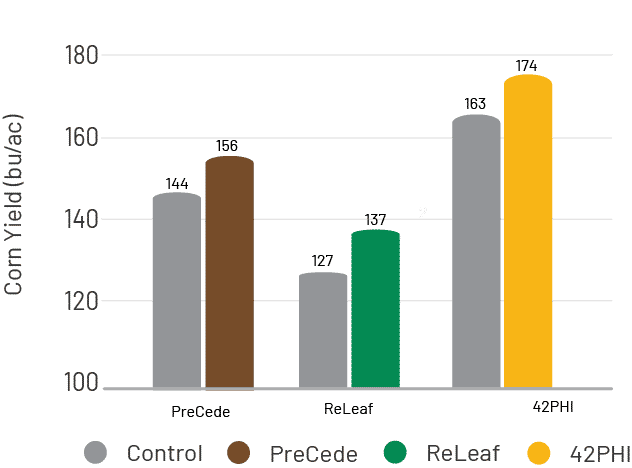
- PreCede applied at 1.5 oz/100lbs of corn Seed
- ReLeaf applied at 1 qt/ac at V5 with herbicide Spray. Summary of 3 Strip trials with Legend Seeds
- 42PHI applied at 1.5 qt/ac at various application times from V10 to R1. Summary of 4 small replicate trials from NDSU, Iowa State and Purdue University.
Achieving your genetic potential with corn
ATP’s corn nutrition program helps you achieve the genetic potential of your crop – maximizing yield and quality. ATP’s comprehensive product portfolio provides you with a wide range of options to meet all your pulse nutritional requirements.
BBCH
TIMING
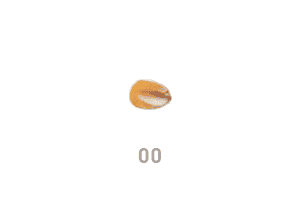
Seed Treatment
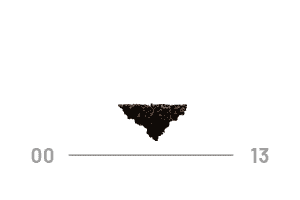
Soil
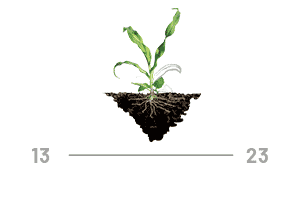
Herbicide
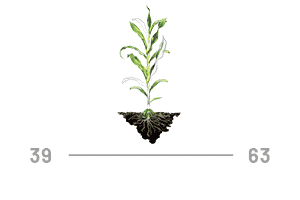
Fungicide
Related Articles
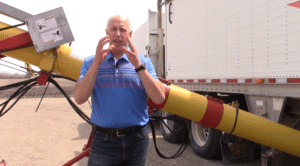
Got P? Solutions to Address the Tight Supply
How to ensure you ‘Got P’? This spring, phosphate supplies have been tight and shortages have been reported across the Northern US. Watch the video below

Investing in a Seed Nutrient Dressing? Don’t miss these tips
If the seed is still in the shed, it’s not too late to cold start your crop with PreCede! PreCede can help mitigate the impacts
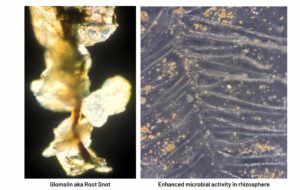
How snotty roots combat cold soils
No one wants a runny nose, but having snotty roots is exactly what an agronomist orders to fight off cold soils in the spring! The

